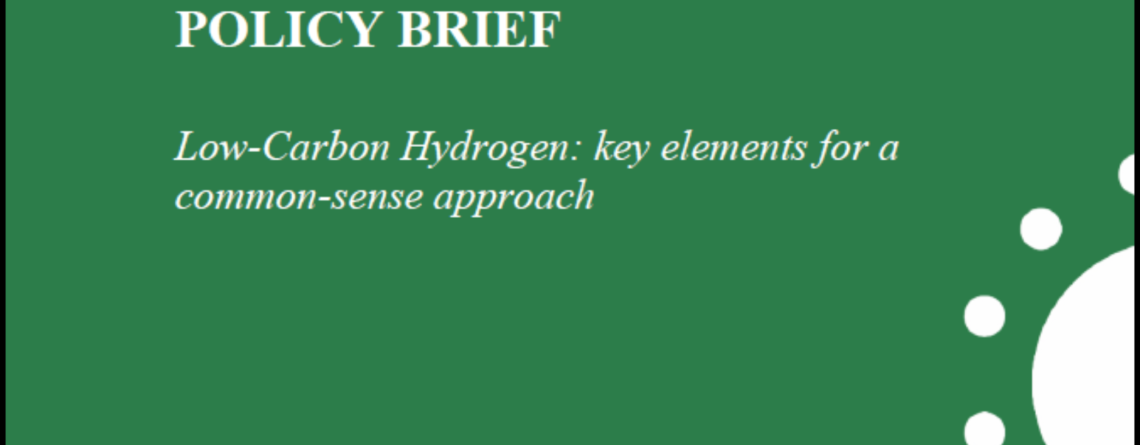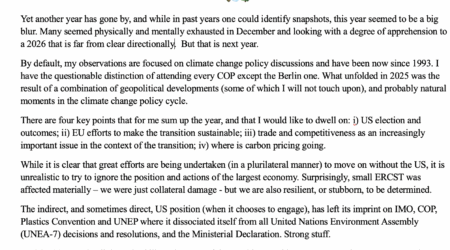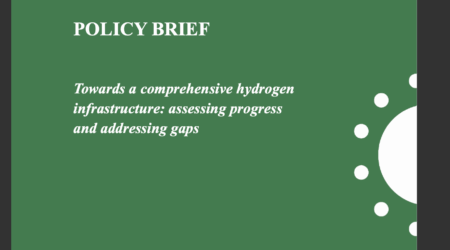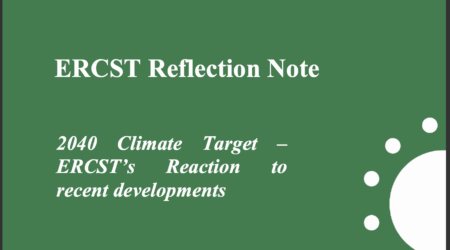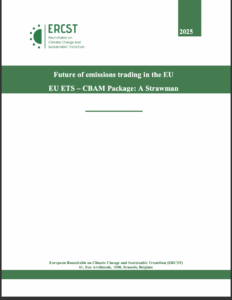Low-Carbon Hydrogen: key elements for a common-sense approach
Author(s): ERCST: Andrei Marcu, Olivier Imbault, Chiara Cavallera
In the EU, Low-carbon hydrogen means hydrogen the energy content of which is derived from non-renewable sources, which meets the greenhouse gas emission reduction threshold of 70% compared to the fossil fuel comparator – article 2(10) Gas Directive.
The goal of this paper is to analyse and suggest key elements for a more inclusive low-carbon hydrogen regulatory framework, including an effective and comprehensive definition of low-carbon hydrogen that will support the development of the EU hydrogen market and make the EU competitive from the point of view of hydrogen technologies. This paper comes in anticipation of the official publication of the EU Hydrogen and decarbonized gas market package Delegated Act specifying the methodology for assessing GHG emissions savings from low-carbon fuels. A comparison with the UK approach to low-carbon hydrogen is also provided.
The paper highlights that the definition/recognition of low-carbon hydrogen can be an opportunity for the hydrogen market development, but overregulation should be avoided, and measures to stimulate hydrogen demand are needed. Therefore, the paper suggests how the current EU Delegated Act on low-carbon hydrogen can be improved to foster the uptake of the EU hydrogen market while delivering climate benefits.

